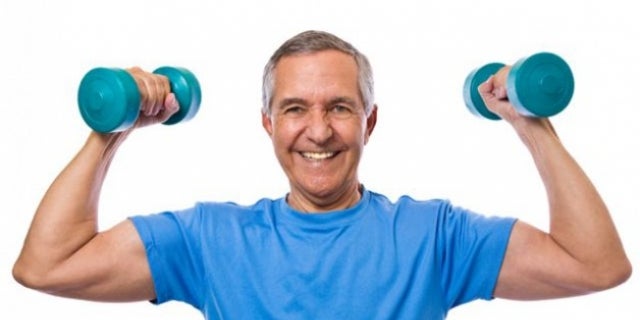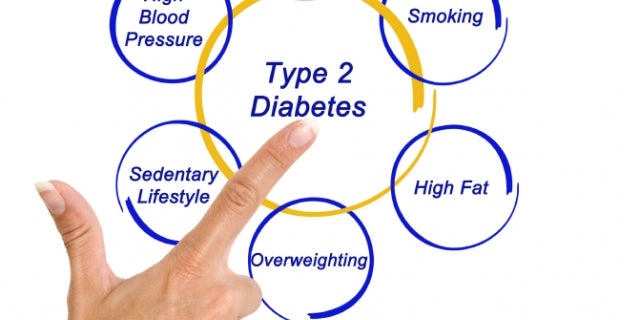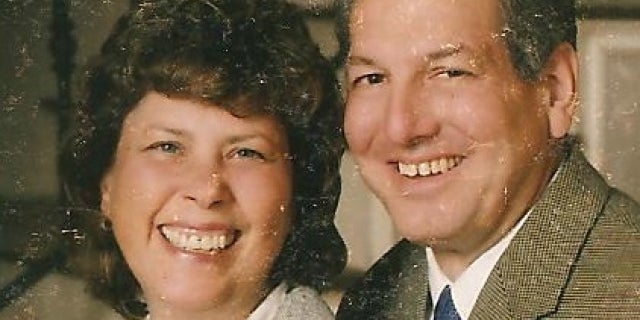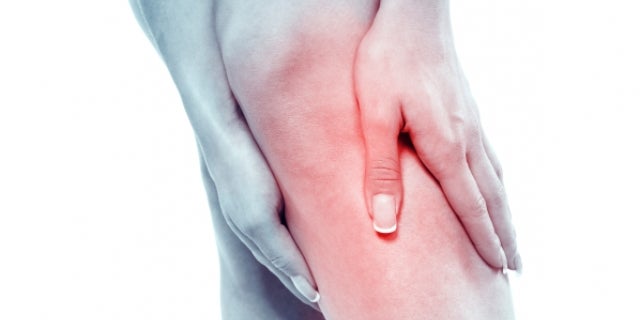Oklahoma Heart Institute cardiologist Dr. Mathew Good’s wife Bethany joins us on the blog to share tips for helping you and your family improve your nutrition through clean eating. The Goods have shared their motivation for cleaning up their diets and now share tips for getting started, recipes and a grocery list.
Two-and-a-half years ago we “went clean” and drastically changed our eating habits. Meal planning and yes, even snack planning, became crucial to our new lifestyle. We had always heard of the concept of “clean eating,” but honestly it just kind of ran together in our minds... Read More »










